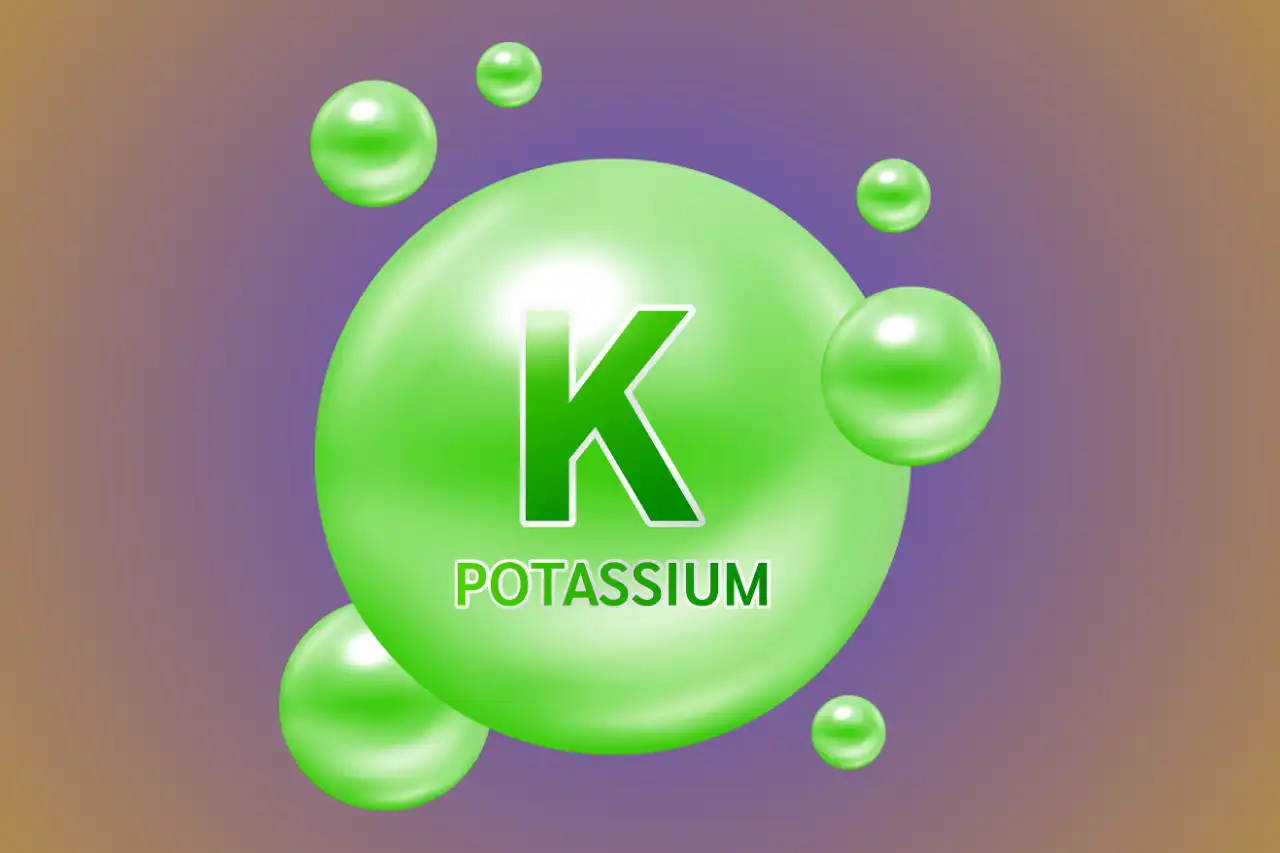-: IODINE :-
IODINE – THE ESSENTIAL MINERAL FOR THYROID AND HEALTH…!!!
Iodine is a vital trace mineral required for various bodily functions, primarily for the production of thyroid hormones. It plays a crucial role in metabolism, growth, and cognitive development.
Daily Requirements
Men
- Teens (9-13 years) – 120 mcg per day.
- Men 14+ years – 150 mcg per day.
Women
- Pregnant women – 220 mcg per day.
- Breastfeeding Mother – 290 mcg per day.
Children
- Infant (0-12 months) :- (110-130 mcg) per day.
- Children (1-8 years) :- 90 mcg per day.
Function on different Organ
- Thyroid Gland
Details
Iodine is essential for the production of thyroid hormones (T3 and T4), which regulate metabolism, energy production, and body temperature.
- Brain and Nerve
Details
Iodine is crucial for proper brain development, especially during fetal growth and early childhood. It ensures the formation of neurons and synapses, promoting cognitive function, memory, and mental clarity. Iodine deficiency during pregnancy can lead to cretinism, a condition marked by severe mental retardation.
- Heart
Details
Iodine indirectly affects heart health by maintaining optimal thyroid hormone levels. These hormones regulate heart rate, blood pressure, and overall cardiac output. An imbalance can lead to arrhythmias, palpitations, or bradycardia (slow heart rate).
- Immune System
Details
Iodine supports the immune response by aiding in the production of immune cells. It also has antiseptic properties, helping to detoxify harmful substances and eliminate pathogens. Adequate iodine intake strengthens the body’s defense against infections.
- Uterus and ovary
Details
Iodine is essential for reproductive health and proper growth. During pregnancy, it supports fetal development, particularly brain formation, and reduces the risk of miscarriage, stillbirth, and congenital disabilities and prevents fibrocystic breasts. Inadequate iodine levels may impair fertility in both men and women.
- Skin
Details
Iodine helps maintain healthy skin by promoting proper hydration and elasticity. It prevents dryness, roughness, and premature aging.
- Hair
Details
In hair health, iodine supports follicle strength and growth, reducing hair loss and preventing brittle hair strands.
- Liver
Details
Iodine supports liver health by promoting efficient metabolism and aiding in the detoxification process. Adequate iodine levels help regulate lipid metabolism, reducing the risk of fatty liver disease and improving overall liver function.
- Gut
Details
Iodine contributes to maintaining gut health by supporting thyroid hormones, which influence digestion and nutrient absorption. It helps maintain healthy gut motility, preventing constipation and other digestive issues.
Symptoms incase of Deficiency
- Goiter results in enlargement of the thyroid gland, causing swelling in the neck.
- Hypothyroidism leads to fatigue, weight gain, dry skin, hair loss and depression due to low thyroid hormone production.
- Cognitive Impairment leads to poor memory, difficulty concentrating, and developmental delays in children.
- Growth and Development Issues.
- Pregnancy Complications result in increased risk of miscarriage, stillbirth, and impaired brain development in the baby.
Diagnosis
The most common tests to assess iodine levels include:-
- Urinary Iodine Test
Details
Urinary Iodine Test measures iodine concentration in urine, as most iodine is excreted.
- Serum Thyroid Function Tests
Details
TSH (Thyroid-Stimulating Hormone), T3, and T4 levels help to assess thyroid function.
Food Sources
Veg Sources
- Seaweed
- Kelp.
- Nori.
- Wakame.
- Salt
- Iodized salt.
- Fruits
- Apple.
- Banana.
- Cranberries.
- Strawberries.
- Vegetable
- Potatoes.
- Broccoli.
- Legumes
- Green peas.
- Lima beans.
- Fortified grains
- Rice.
- Pasta.
- Oats.
- Bread.
Non-Veg Sources
- Fish
- Salmon.
- Cod.
- Tuna.
- Shellfish
- Shrimp.
- Oysters.
- Lobster.
- Dairy products
- Milk.
- Cheese.
- Yogurt.
- Other
- Poultry.
- Eggs.
- Beef liver.
What if Overconsumption
Excessive iodine intake can also cause health issues, such as:-
- Hyperthyroidism: Overproduction of thyroid hormones, leading to weight loss, nervousness, and rapid heartbeat.
- Dizziness.
- Thyroid Inflammation: May cause thyroid dysfunction and hormonal imbalances.
- Gastrointestinal Issues: Nausea, vomiting, and diarrhea in extreme cases.
Iodine is a crucial nutrient necessary for thyroid function, brain health, and overall well-being. Ensuring a balanced intake of iodine-rich foods helps prevent deficiencies and supports optimal metabolic and cognitive function. While both deficiency and excess intake can have serious health effects, maintaining adequate levels through a well-rounded diet is key to lifelong health...!!!












